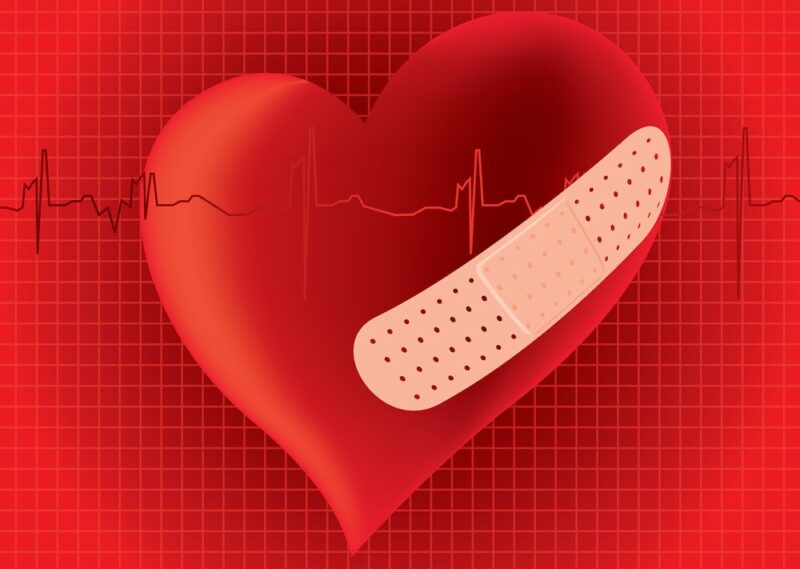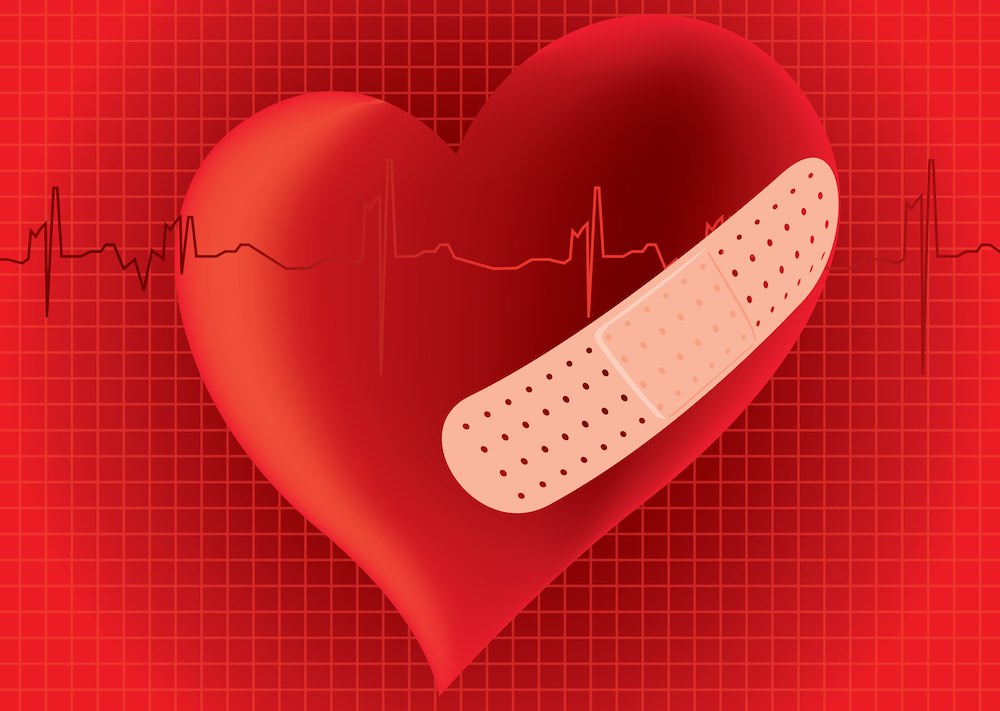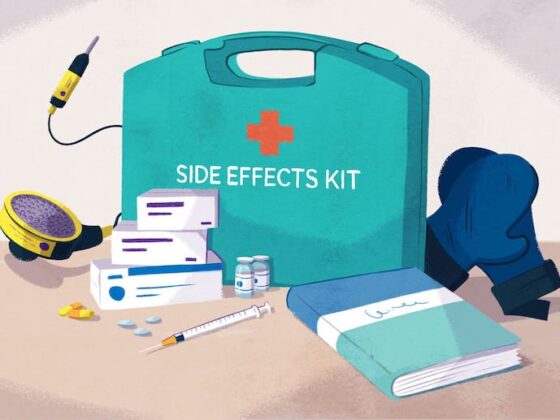In HER2 breast cancer, concurrent use of the ACE inhibitor lisinopril with trastuzumab-anthracyclines benefits left ventricular ejection fraction (LVEF). The study, abstract 509, presented in a poster session at the ASCO meeting, June 4-8, found breast cancer patients treated with trastuzumab plus anthracyclines experienced greater LVEF adverse effects than those using trastuzumab alone.
Trastuzumab has been shown to be highly effective for treating HER2-postive breast cancer, comprising around 30% of all breast cancers. However, trastuzumab has also been associated with declines in LVEF, and diagnosis of clinical heart failure prompts interruption and discontinuation of treatment. In cardiology, angiotensin-converting enzyme (ACE) inhibitors and beta blockers are widely used to both prevent and treat heart failure. Several studies have demonstrated favourable effects of ACE inhibitors and beta blockers in the prevention of chemotherapy induced toxicity.
For the current study, Pamela Munster, a medical oncologist from the University of California, San Francisco, and colleagues, evaluated the preventive impact of the ACE inhibitor lisinopril and the beta blocker carvedilol on LVEF during trastuzumab and anthracycline treatment.
In the prospective randomised study, 468 women with early stage HER2 positive breast cancer undergoing neoadjuvant chemotherapy with trastuzumab were randomised to receive once daily lisinopril (10mg), carvedilol (10g) or placebo during one year of treatment. The patients, mean age 51 years, were further stratified according to anthracycline use (AC+T) versus non-anthracycline use (nonAC+T). Patients were recruited from 127 community-based oncology practices. Overall, in the AC+T group there were 188 women, of whom 65 received lisinopril, 61 carvedilol and 62 placebo. In the non-AC+T group there were 276 women, of whom 91 received lisinopril, 95 carvedilol, and 90 placebo.
Results show rates of LVEF decline to <50% occurred in 21% for patients treated with an anthracycline + trastuzumab (AC+T) vs 4.1% treated with trastuzumab alone (nonAC+T). In the AC+T group LVEF <50% occurred in 10.8% of those treated with lisinopril vs 30.5% treated with placebo (P=0.045). A smaller, but not significant benefit was seen for carvedilol.
The incidence of cardiotoxicity manifesting as LVEF decrease by ≥ 10% from normal was similar in both ACT+T and the nonAC+T arms, and unaffected by either lisinopril or carvedilol.
During trastuzumab therapy, a small but not clinically relevant decrease in LVEF was observed in all patients which was not significantly altered by either lisinopril or carvedilol. Lisinopril was shown to be tolerable even in patients without hypertension.
“In women treated in a community-based environment who will benefit from anthracyclines, or where anthracyclines are indicated, one should anticipate the decrease in left ventricular ejection fraction to below normal is larger than reported in other groups. However, this could be prevented by lisinopril,” concluded study presenter Pamela Munster.
The study, she added, suggests drops in LVEF to below 50%, which occurred in 21% (38) of patients taking anthracyclines, were much larger than previously reported.












